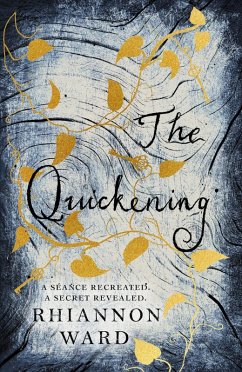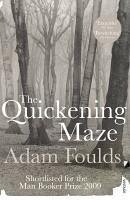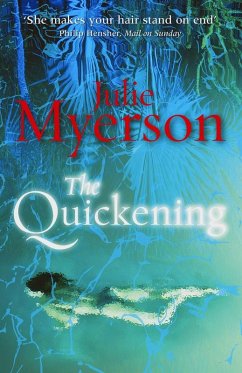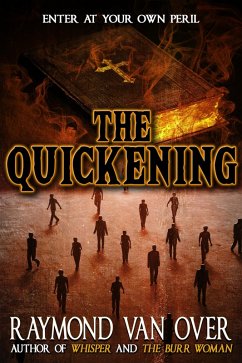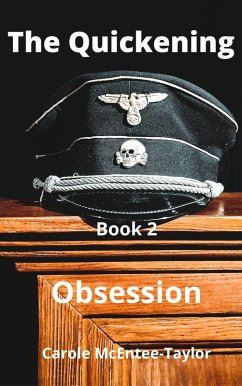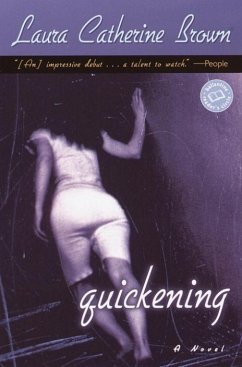
The Quickening (eBook, ePUB)
Enriched edition. A Tale of Love, Betrayal, and Redemption in the American West
Kommentar: Sharp, Megan / Redaktion: Good Press

PAYBACK Punkte
0 °P sammeln!
In "The Quickening," Francis Lynde intricately weaves a tale that captures the spirit of early 20th-century America, encapsulating both the socio-economic transformations and the personal journeys intertwined within them. The narrative blends vivid characterizations with lyrical descriptions of the landscape, celebrating the resilient nature of humanity amidst change. Lynde's literary style is marked by rich dialogues and well-crafted prose, reminiscent of his contemporaries, yet distinct in its focused exploration of human emotions during times of upheaval, exploring themes of identity and mo...
In "The Quickening," Francis Lynde intricately weaves a tale that captures the spirit of early 20th-century America, encapsulating both the socio-economic transformations and the personal journeys intertwined within them. The narrative blends vivid characterizations with lyrical descriptions of the landscape, celebrating the resilient nature of humanity amidst change. Lynde's literary style is marked by rich dialogues and well-crafted prose, reminiscent of his contemporaries, yet distinct in its focused exploration of human emotions during times of upheaval, exploring themes of identity and moral dilemmas faced by individuals in a rapidly evolving society. Francis Lynde, an accomplished author known for his keen insights into human nature and society, was heavily influenced by his experiences in the changing American West. His firsthand observations of the economic challenges and societal shifts during the early 1900s provide a compelling backdrop to "The Quickening." This novel reflects his genuine empathy for the struggles and aspirations of everyday people, driven by a desire to illuminate their voices in a transforming world. Readers who appreciate rich character development and evocative storytelling will find "The Quickening" to be a profound exploration of the human experience. Lynde's ability to fuse personal journeys with broader societal themes makes this book a must-read for those seeking to understand the nuances of resilience and transformation in the face of change. In this enriched edition, we have carefully created added value for your reading experience: - Hand-picked Memorable Quotes shine a spotlight on moments of literary brilliance. - Interactive footnotes clarify unusual references, historical allusions, and archaic phrases for an effortless, more informed read.
Dieser Download kann aus rechtlichen Gründen nur mit Rechnungsadresse in A, B, BG, CY, CZ, D, DK, EW, FIN, F, GR, H, IRL, I, LT, L, LR, M, NL, PL, P, R, S, SLO, SK ausgeliefert werden.







